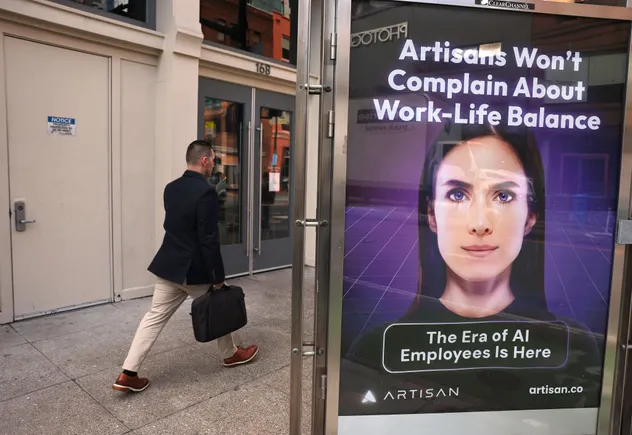Across industries, 87% of U.S. employees say reputation influenced their decision to take their current role, which was the highest of all countries surveyed, according to an Oct. 6 report from United Culture, a firm that specializes in company culture, employee engagement and behavioral change.
Nearly half of U.S. employees said their organization’s stated values are reflected in the workplace, as compared with 31% in the UK and 27% in Germany. Across Western Europe as a whole, only 39% said they see company values lived day to day.
“Reputation might open the door, but it’s the lived culture that keeps people inside,” Victoria Lewis-Stephens, managing director at United Culture, said in a statement. “Employees in the U.S. are looking for leaders who show they care about their wellbeing, who communicate honestly, and who act on their promises. Empty reassurances will not cut it, people want to see those values reflected in their working experiences every day.”
In a survey of 1,500 workers across the U.S., UK and Western Europe, 80% said their employer’s reputation was important during the job search.
In the U.S., workers said the most effective ways that leaders can build trust include open and transparent communication (44%), as well as genuine concern for employee well-being and development (40%). Only a third of workers in France and Germany said the same, which suggests that American workers place a priority on these areas, the report found.
However, consistency remains an issue. Nearly half of U.S. workers said consequences only occur “sometimes” when company values aren’t demonstrated. About 1 in 10 said there aren’t any consequences at all.
When asked what could improve their experience, U.S. workers pointed to changes in leadership behavior, communication and transparency. In fact, more than a quarter of all workers said they do their best work when leaders communicate openly, honestly and frequently, the report found.
During the job search process, a lack of transparent information can turn away candidates, according to a survey by StandOut CV. Respondents said they’d like to see additional details about qualifications, work hours, benefits and job titles.
Candidate experience — especially the interview — often has the most influence on the decision to accept a job offer, according to a Gallup report. Candidates constantly evaluate a company’s culture throughout the hiring process, Gallup said, and employers can make the best impression by approaching interviews with structure, treating candidates with respect and using interviews to highlight their culture and values.






Leave a Reply